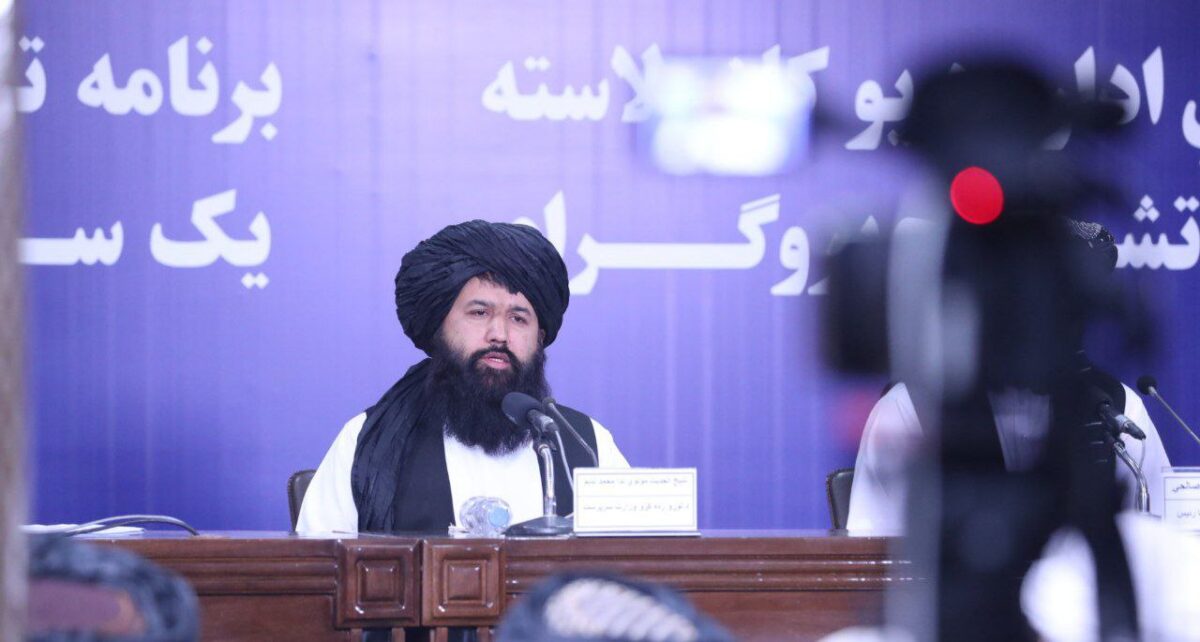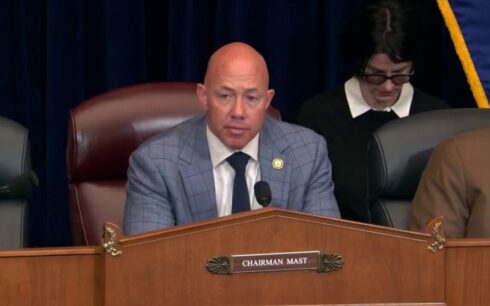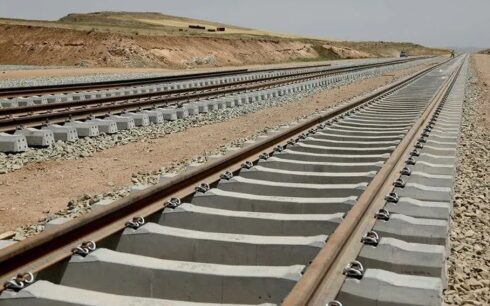Neda Mohammad Nadim, the Taliban’s acting Minister of Higher Education, is a controversial yet powerful figure within the Taliban’s cabinet. Over the past three years since the Taliban’s takeover of Afghanistan, Nadim has made a series of provocative statements, solidifying his reputation as a hardliner.
In a recent press conference, Nadim declared that questions regarding the education of girls and women are banned until further notice, a stance that has drawn widespread condemnation. Previously, he suggested that academic ranks among Taliban officials should be determined by the number of mines they detonated during the Taliban’s 20-year insurgency against the former Afghan government.
Background and Rise to Power
Neda Mohammad Nadim is known to be a close aide to Hibatullah Akhundzada, the Taliban’s reclusive leader. According to his official biography on the Taliban-run Ministry of Higher Education’s website, Nadim was born in Kandahar on November 17, 1978, and is a graduate of a religious madrasa.
Between 2011 and 2023, Nadim held various roles within the Taliban. He served as the head of the Recruitment and Guidance Department, Taliban security chief and governor in Nangarhar, governor of Kabul, a member of the Taliban Red Crescent Committee, deputy of Taliban Administrative Intelligence, and military commander in the Northwest Zone.
During the Taliban’s insurgency, Nadim was a senior operational commander in the north. Shortly after the Taliban returned to power, Nadim made headlines by declaring that the killing of those opposing the Taliban was “obligatory.” He stated, “Fighting and opposing this [Taliban regime] is entirely forbidden and wrong. Whoever opposes it, it is obligatory to kill; it is a duty to wage jihad against them just as it was against the Americans.”
Controversial Views on Education and Religion
Nadim has also made inflammatory remarks about religious diversity in Afghanistan, claiming that all Afghan nationals follow the Sunni sect. “There are no sects in Afghanistan, only one sect, Imam Abu Hanifa, may Allah have mercy on him. Everyone follows this sect,” he asserted.
He has further fueled controversy by arguing that Taliban members who have detonated more mines deserve higher academic ranks. “No one should take a test from a Mujahid [Taliban fighter]. He has worked hard for 20 years, and you tell him to pass an exam? He is not to blame for not knowing everything. His merit is the number of mines he has detonated, and by that measure, he is highly distinguished,” Nadim said.
International Sanctions and Criticism
In March 2023, the European Union sanctioned Nadim, stating that he was “behind the decrees banning women from higher education and gender-segregated practices in public spaces.” Nadim is one of nine individuals sanctioned by the EU for their roles in restricting women’s rights in Afghanistan.
Human rights activists have identified Nadim as a key figure behind the Taliban’s repressive policies towards women and girls, particularly in the areas of education and employment. “Neda Mohammad Nadim is one of the key figures within the Taliban structure who consistently supports discriminatory and repressive policies towards women and girls,” said Sima Noori, a human rights activist.
At his latest press conference, Nadim reiterated his hardline stance, indirectly instructing the media that questions about female education are banned until further notice. This move has sparked outrage among Afghan women. “Not only are we denied the right to pursue our education, go to school, and attend university, but they have also taken away our right to ask questions,” said a Kabul resident. “They said it was a temporary order, but how long will this temporary order last?”
Despite growing international pressure to lift restrictions on girls’ education, Nadim remains defiant, displaying a harshly aggressive posture on issues related to women’s rights and resisting calls for an inclusive government and the protection of human rights.





